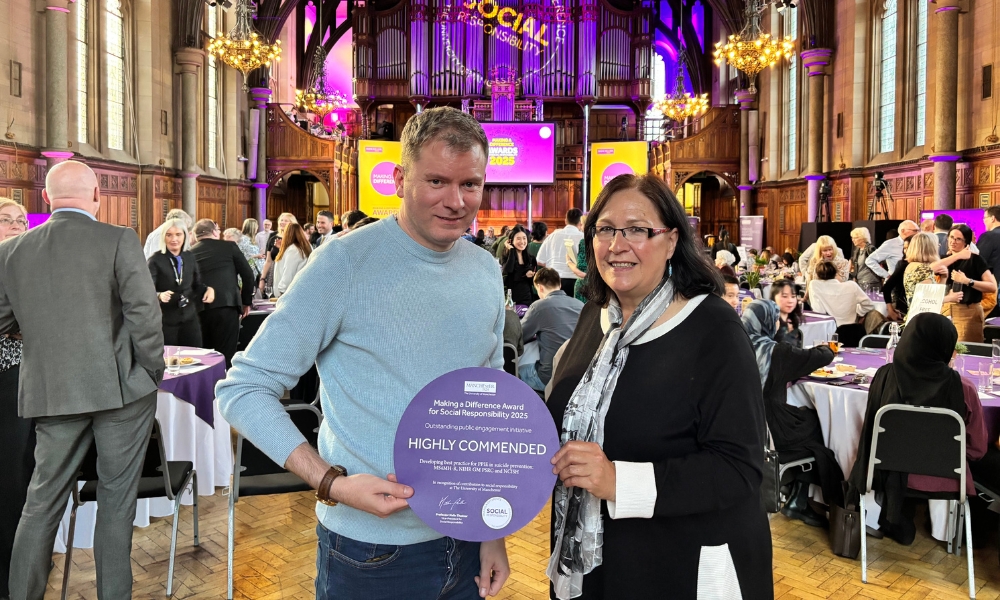
PPIE Resources
Patient and public involvement in self-harm and suicide prevention research
Feedback
We would love to hear how you have used the toolkits and/or your plans for applying them. Please fill out a quick form and share your feedback about these resources.
Patient and public involvement in self-harm and suicide prevention research: shared learning toolkit (organiser version)
Patient and public involvement in self-harm and suicide prevention research: public contributor guide
Help in a crisis
For further information, please contact: Dr Leah Quinlivan, Email: leah.quinlivan@manchester.ac.uk.
If you would like to find out more about PPIE in mental health research, please visit the Mutual Support for Mental Health-Research (MS4MH-R) website.
Feedback
We would love to hear how you have used the toolkits and/or your plans for applying them. Please fill out a quick form and share your feedback about these resources.


